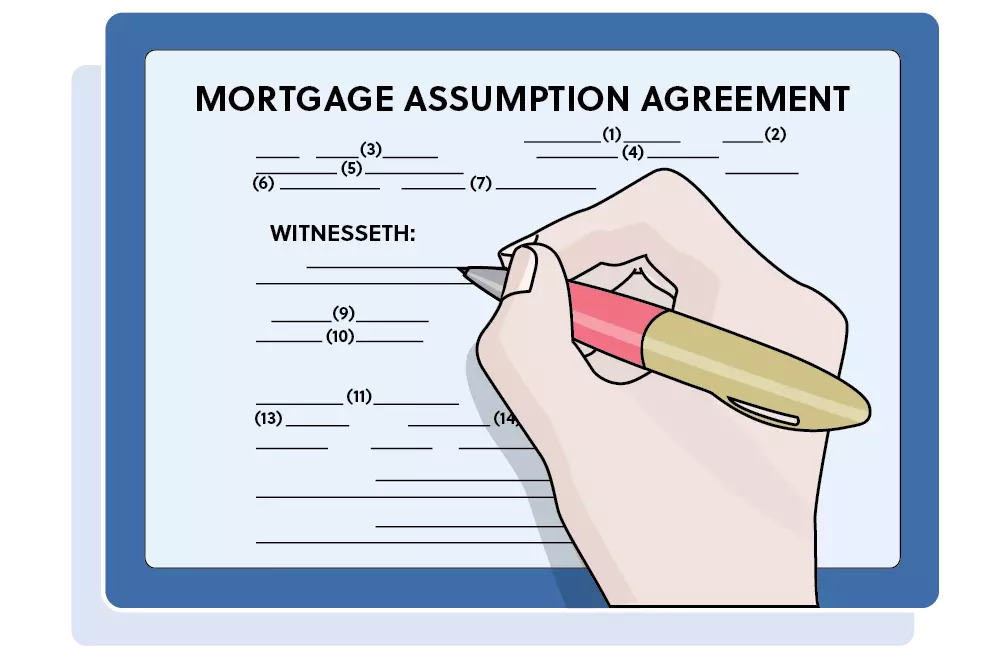Is it really possible to invest in real estate without putting any money down? There's been a lot of buzz about zero down payment loan programs, and if you've heard it, you're probably curious about how they work. You're not alone.
With a significant increase in rental property demand over the last few years, more and more people are investing in these properties with very promising returns. But if you're short on cash, that doesn't mean your chances to get in on the real estate investment game are out of reach. In fact, most people either don't have enough money for a down payment or simply don't want to put all their cash toward the purchase of a property.
How to Invest in Real Estate with No Money Down
When you have to put 20% cash down on an investment property, there's a lot less of your cash available to you for when you need it. When you get a call from your tenant about a furnace emergency, having this money is a game changer. But it's important to note that in most cases a lender won't just give you money with no money down, nor will a seller agree to forgo this extra cash either. The truth is, the money has to come from somewhere. In order to make a no money down option possible, there are a couple of ways to do it:
1. Borrow the Money

One of the most flexible no money down strategies to take is borrowing the money from someone in your personal network. When you're getting financing from an individual you know and trust, it's easier to negotiate softer, more simple terms — like no payments for the first year or no monthly interest. Friends, family, neighbors, or co-workers may have extra money and are looking for a good return on investment. If you're having difficulty securing lending from banks, this is a great way to get a loan with fewer formalities and more lenient conditions.
Keep in mind, these loans should be secured by a loan contract — similar to a promissory note — establishing the amount borrowed, repayment terms, and the lender's recourse if you are unable to repay, so that both parties are protected. Borrowing money from someone without a contract is just asking for trouble, so make sure to protect your relationships and lay out the terms of the loan upfront.
2. Assume an Existing Mortgage

Not all mortgages are assumable, but if you consider the eligible options when purchasing your investment property, it could offer a way to not only avoid a big down payment, but also lower your interest rates and closing costs.
With this option, the buyer steps into the seller's current mortgage, assuming the current interest rate in effect. And unlike a new mortgage where closing costs can amount to several thousand dollars, assumable mortgages often impose limits on assumption-related fees, saving you even more cash.
Assumable mortgages include: FHA loans, VA loans, and USDA loans.
3. Seller Financing

One option many people aren't aware of is a Purchase-Money Mortgage, or seller financing. In this scenario, the seller of the property directly finances the buyer as part of the purchase transaction. They offer the buyer a loan to purchase their real estate investment property, while the buyer provides a financing instrument to the seller as evidence of the loan, which is typically recorded in public records to protect both parties.
While purchase-money mortgages are a popular type of 100% financing, it requires finding motivated sellers who are willing to finance their property. But one of the best parts about seller financing is that the buyer can often choose from different loan terms and payment options (fixed-rate, amortization, less-than-interest, and so on) based on the seller's discretion. The seller's criteria for qualifications is also likely to be more flexible than most lenders.
4. Hard Money Loans with No Money Down

Unlike traditional lenders who will look at your credit score, borrowing history, and income, hard money lenders are only concerned with the collateral securing the loan — or the property being purchased. To a hard money lender, the value of the collateral is more important than your financial position because if you're unable to make payments, the lender will get their money back by taking the collateral and selling it.
These loans are generally short-term — from one to five years — and the borrower is expected to pay monthly interest until the loan is paid back in full.
This option offers a much faster loan application process since there are fewer details to go through in order to get approved. These agreements are also more flexible as each deal is looked at individually, versus through a standardized underwriting process. A hard money lender will lend as much as the property is worth, but typically they'll keep loan-to-value ratios fairly low, so they know they have a good chance at getting their money back in case anything goes wrong.
5. Private Loan for Investment Property
Wait, aren't private lenders and hard money lenders the same? Contrary to popular belief, they're actually very different. Private lenders use a much different process for reviewing potential borrowers. This process involves the 3 C's: Credit, Capacity to Pay, and Collateral. Unlike a hard money lender who only focuses on collateral, private lenders are looking for:
- Creditworthiness: They want to ensure that the borrower has a good credit history and a solid credit score.
- Ability to Repay: They assess the borrower's income, expenses, and overall financial situation to determine if they have the capacity to make the loan payments.
- Collateral: Private lenders also consider the value and condition of the property being purchased as collateral for the loan.
Private loans for investment properties can be a good option for borrowers who may not meet the strict requirements of traditional lenders. These loans often come with higher interest rates and shorter repayment terms, but they can provide the necessary funds to purchase a property with no money down.
In conclusion, while buying an investment property with no money down may seem like a daunting task, there are several options available to make it a reality. By exploring these alternative financing methods and leveraging your personal network, you can enter the world of real estate investing without a large upfront cash investment. Remember to carefully consider the terms and potential risks associated with each option to ensure it aligns with your financial goals and circumstances.











